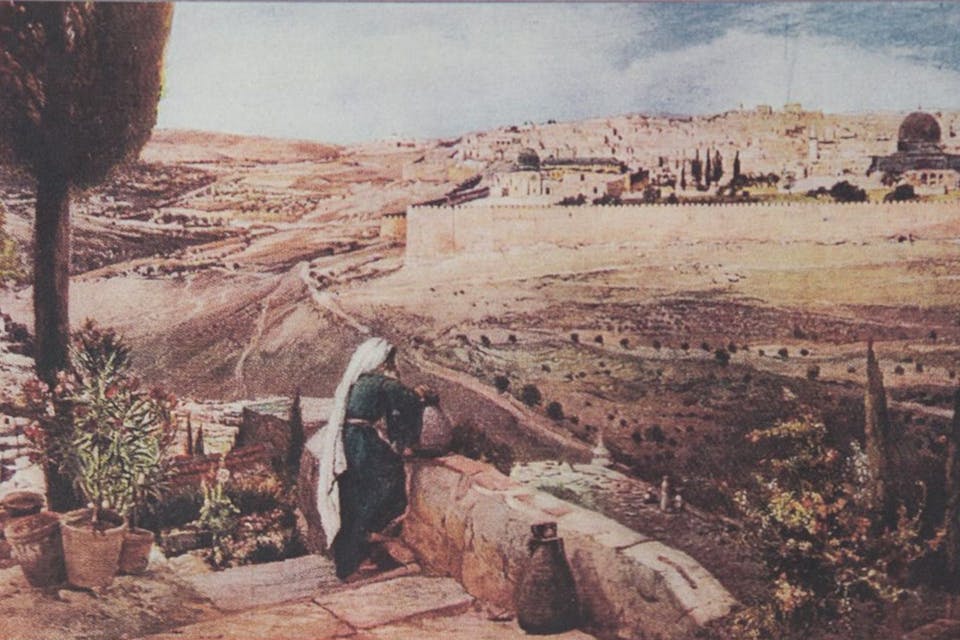
February 21, 2022
Is the Most Iconic Sentence of Israel’s Declaration of Independence True?
David Ben-Gurion was inspired by the Hebrew Bible. How true to it was he?
“The Land of Israel was the birthplace of the Jewish people,” b’erets Yisrael kam ha-am ha-y’hudi, begins Israel’s Declaration of Independence.
It’s an iconic sentence, but is it true? The Bible seems to suggest that it isn’t. On numerous occasions, the Torah states that it was not in the Land of Israel, but elsewhere, that the Israelites became a people. The first person to designate the Israelites a people (in Hebrew, am) was Pharaoh: “Look, the people of the sons of Israel is more numerous and vaster than we. Come, let us be shrewd with them lest they multiply” (Exodus 1:9). A few chapters later, it is God who speaks of the Jews becoming a “people”; here, too, they are in Egypt: “I will take you out from under the burdens of Egypt and I will rescue you from their bondage. . . . And I will take you to Me as a people and I will be your God” (Exodus 6:7). Later, still in the desert: “You will become for Me a kingdom of priests and a holy people” (19:5). Encamped in the deserts of Moab on the eastern side of the Jordan river, it is Moses who speaks: “Be still and listen, Israel. This day you have become a people to the Lord your God” (Deuteronomy 27:9). None of these are said in the Land of Israel.
Why, then, claim that “The Jewish people was born in the Land of Israel”? Perhaps the reason is that Ben-Gurion was not merely dispassionately reporting the past, but shaping a national myth and political history in which the Jewish people’s greatest accomplishments unfolded in their ancestral homeland. Perhaps he was writing as a statesman and not a historian, tailoring a narrative for a people about to restore their sovereignty in that land after two millennia.